5 Nights / 6 Days
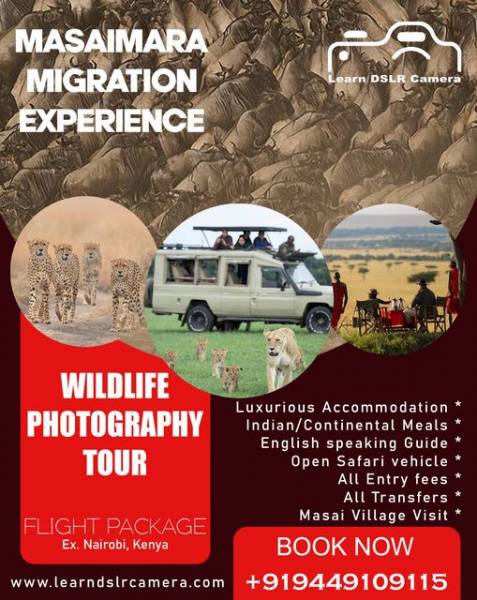
Masai Mara is arguably the most famous game reserve on the planet. It forms the most spectacular ecosystem of Africa and is named in the honour of Maasai people who are original inhabitants of the area. The word ‘mara’ means spotted denoting trees, savanna and cloud shadows that characterize the area. The park is situated on a rift valley. It is bounded by the Serengeti Park to the south, the Siria escarpment to the west, and Masai pastoral ranches to the north, east and west. The reserve is characterized by open grassland dotted by seasonally rivulets. The Sand, Talek and Mara River meander through the reserve. In the periphery of national reserve, there are many private conservancies. These are privately owned lands which also have wildlife, and these conservancies have their own set of properties. Colloquially by “Masai Mara” people mean the National reserve.Our camp is located inside the national reserve, right in the heart of the reserve, which is possibly the richest patch of wildlife in the Mara ecosystem with territories of two Lion prides overlapping with the camp, a pool of Hippopotami adjacent to the camp and our own resident Leopard Bahati which is often seen across the camp on a particular tree. The river crossing points and two famous Cheetah family territories are 10-15 minutes away, and so is Olkiambo airstrip.
The park shelters unique fauna including lion, leopard, cheetah, serval, hyena, bat-eared foxes, black-backed and side-striped jackals, giraffe, hippo, crocodile, baboons, warthog, topi, eland, Thompson’s gazelle, Grant’s gazelle, impala, waterbuck, oribi, reed-buck, and zebra. Hippopotamus and crocodiles are found in Mara and Talek Rivers. About 470 species of birds have been identified at the park such as vultures, marabou storks, secretary birds, hornbills, crowned cranes, ostriches, long-crested eagles, African pygmy-falcons and the lilac-breasted roller
Being at an average elevation of 1500-1800 metres, the Mara has a pleasant climate all-round the year, with temperatures ranging from 12 Degrees to 27 Degrees for most days of the year. No camp including ourselves have Air Conditioners as we do not need them here in the Mara. However the being near the equator the Sunrays can be strong so come with Sun screen lotions.
The best way to see the wildlife of this amazing eco-system is by game drives in 4×4 land cruiser vehicles, accompanied by our silver-rated Masai guides for whom the park is their backyard. Spend at least a few days in this unique wilderness hotspot and let the savannahs reveal their secrets to you. Seeing the big cats and most common animals is easy, it is only when you spend some time with our expert naturalist guiding you, you get to experience the rare animal instincts of survival, rivalry, love, etc. These are moments to be cherished for a lifetime.
The camp is inside the park and your game drive will start post you enter the park. Reach your camp to check in and post lunch we will head for the first game drive, which will last till sunset.
The world’s renowned park and the newest 7th wonder of the world. “The Masai Mara Game Reserve” is a must see and the highlight of a Kenyan Safari. The Masai Mara National Reserve definitely picks the first spot on a list of illustrious wildlife reserves that span across the country. The reserve is located in the Narok County with the Siria escarpment to the west, Masai ranches to the north, east and west.
A contiguous reserve with the Serengeti National Park in Tanzania, the Masai Mara reserve is located in the southwestern area of Kenya. Named after the ethnic tribe Masai who have over the years developed a symbiotic relationship with the wilderness and wildlife, this national reserve is only a part of the larger Mara Ecosystem which comprises ranches, likes of Lemek, Koiyaki, Siana, Olkinyei and more. The Mara Triangle is more or less the central area of the reserve.
About the great migration The animals migrate from Serengeti to the Masai reserve, across the Mara River in search of water and food. The hordes of animals that dot the landscape are estimated to be more than 1.5 million. The sheer number of the wildlife that moves across the terrain is an experience to witness in a lifetime. Interestingly, the interplay of the ecosystems also opens up fascinating natural encounters. The crocodiles in the river wait for the animal bait, whereas the animals focus on getting to the other side alive. Similarly, once the migrant animals reach the Masai reserve, they are welcomed by the inhabitant wildlife as potential prey.
About the great migration The animals migrate from Serengeti to the Masai reserve, across the Mara River in search of water and food. The hordes of animals that dot the landscape are estimated to be more than 1.5 million. The sheer number of the wildlife that moves across the terrain is an experience to witness in a lifetime. Interestingly, the interplay of the ecosystems also opens up fascinating natural encounters. The crocodiles in the river wait for the animal bait, whereas the animals focus on getting to the other side alive. Similarly, once the migrant animals reach the Masai reserve, they are welcomed by the inhabitant wildlife as potential prey.
About the great migration The animals migrate from Serengeti to the Masai reserve, across the Mara River in search of water and food. The hordes of animals that dot the landscape are estimated to be more than 1.5 million. The sheer number of the wildlife that moves across the terrain is an experience to witness in a lifetime. Interestingly, the interplay of the ecosystems also opens up fascinating natural encounters. The crocodiles in the river wait for the animal bait, whereas the animals focus on getting to the other side alive. Similarly, once the migrant animals reach the Masai reserve, they are welcomed by the inhabitant wildlife as potential prey.
About the great migration The animals migrate from Serengeti to the Masai reserve, across the Mara River in search of water and food. The hordes of animals that dot the landscape are estimated to be more than 1.5 million. The sheer number of the wildlife that moves across the terrain is an experience to witness in a lifetime. Interestingly, the interplay of the ecosystems also opens up fascinating natural encounters. The crocodiles in the river wait for the animal bait, whereas the animals focus on getting to the other side alive. Similarly, once the migrant animals reach the Masai reserve, they are welcomed by the inhabitant wildlife as potential prey.
Do an early morning game drive till about 10am or so. After breakfast at the resort you can start your drive to Nairobi, which is a 6-7 hour drive. You will arrive in Nairobi early evening and transferred to international airport for onward flight back home.
| No of pax | Age Limit | Price per pax (Rs) |
|---|---|---|
| Adult | Above 12 years | 125000 / Adult ( With Tax ) |
| City | Hotel Name | Star Rating |
|---|---|---|
| Masaimara | Olgatuni Camp | |
| Masaimara | Olagtuni Camp |
Welcome to Learndslrcamera where we teach various aspects of photography including the basics of photography, advanced techniques, how to use different types of equipment, composition, colour correction, and more. With us, you will have all the tools to advance the quality of your photography as well as your personal confidence in your abilities. We are currently based in Bengaluru, and you can get in touch with us on None if you would like to learn more. Read More...
 6D/5N
6D/5N
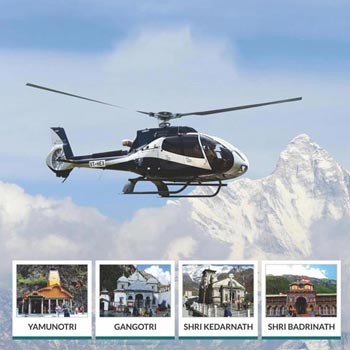 6D/5N
6D/5N
Chardham Yatra By Helicopter Tour
Yamunotri - Gangotri - Kedarnath - Badrinath
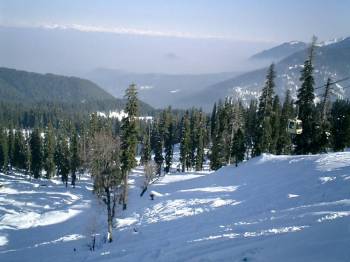 6D/5N
6D/5N
Srinagar,Pahalgam,Gulmarg,Sonamarg,Srina..
Srinagar - Pahalgam - Gulmarg - Sonamarg
 6D/5N
6D/5N
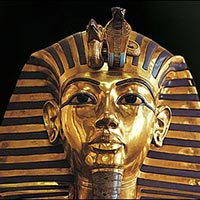 6D/5N
6D/5N
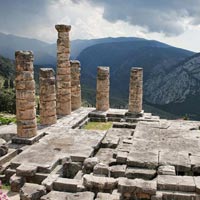 6D/5N
6D/5N
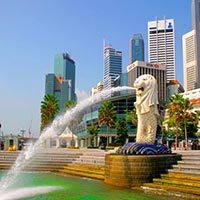 6D/5N
6D/5N
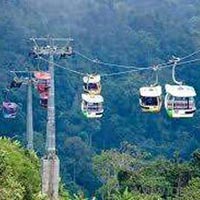 6D/5N
6D/5N
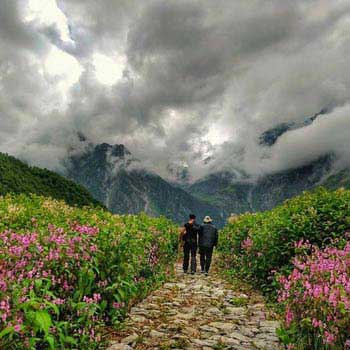 6D/5N
6D/5N
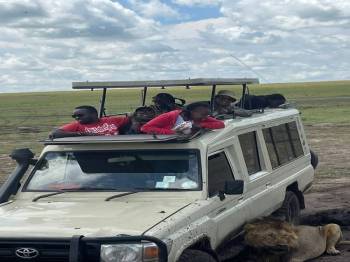 8D/7N
8D/7N
8 Days 7 Nights Kenya Itinerary
Nairobi - Masai Mara - amboseli, - tsavo national park and mombasa
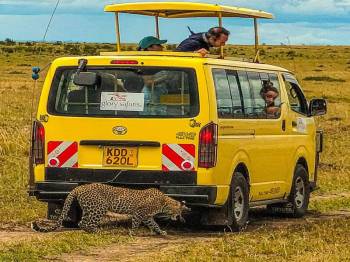 3D/2N
3D/2N
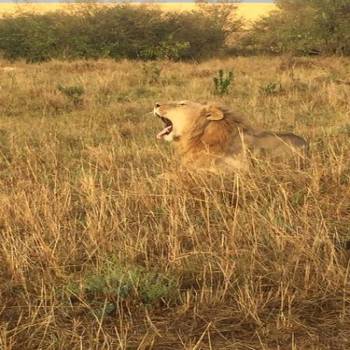 10D/9N
10D/9N
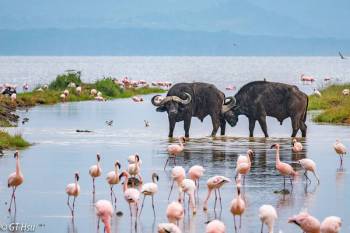 5D/4N
5D/4N
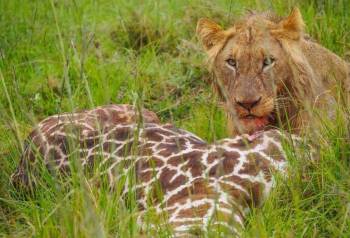 13D/12N
13D/12N
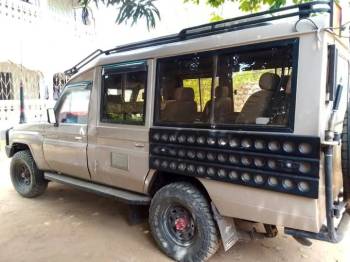 10D/9N
10D/9N
9 Nights 10 Days Safari Starting from Mo..
Mombasa - Masai Mara - Nairobi - Nakuru - Taita and saltlick - Lake Naivasha
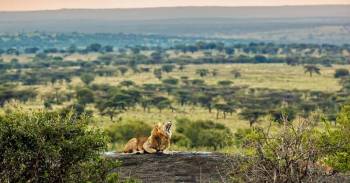 15D/14N
15D/14N
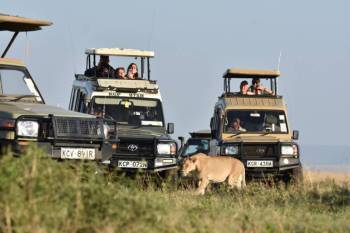 10D/9N
10D/9N
10-Day Kenya Tanzania Best Game Parks Sa..
Masai Mara - Ngorongoro - Arusha - Nakuru - Nairobi - Lake Victoria
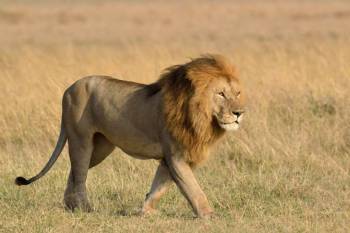 11D/10N
11D/10N
11 Days 10 Nights Amazing Parks Safari
Nakuru - Nairobi - Masai Mara - Lake Bogoria - Samburu National Reserve